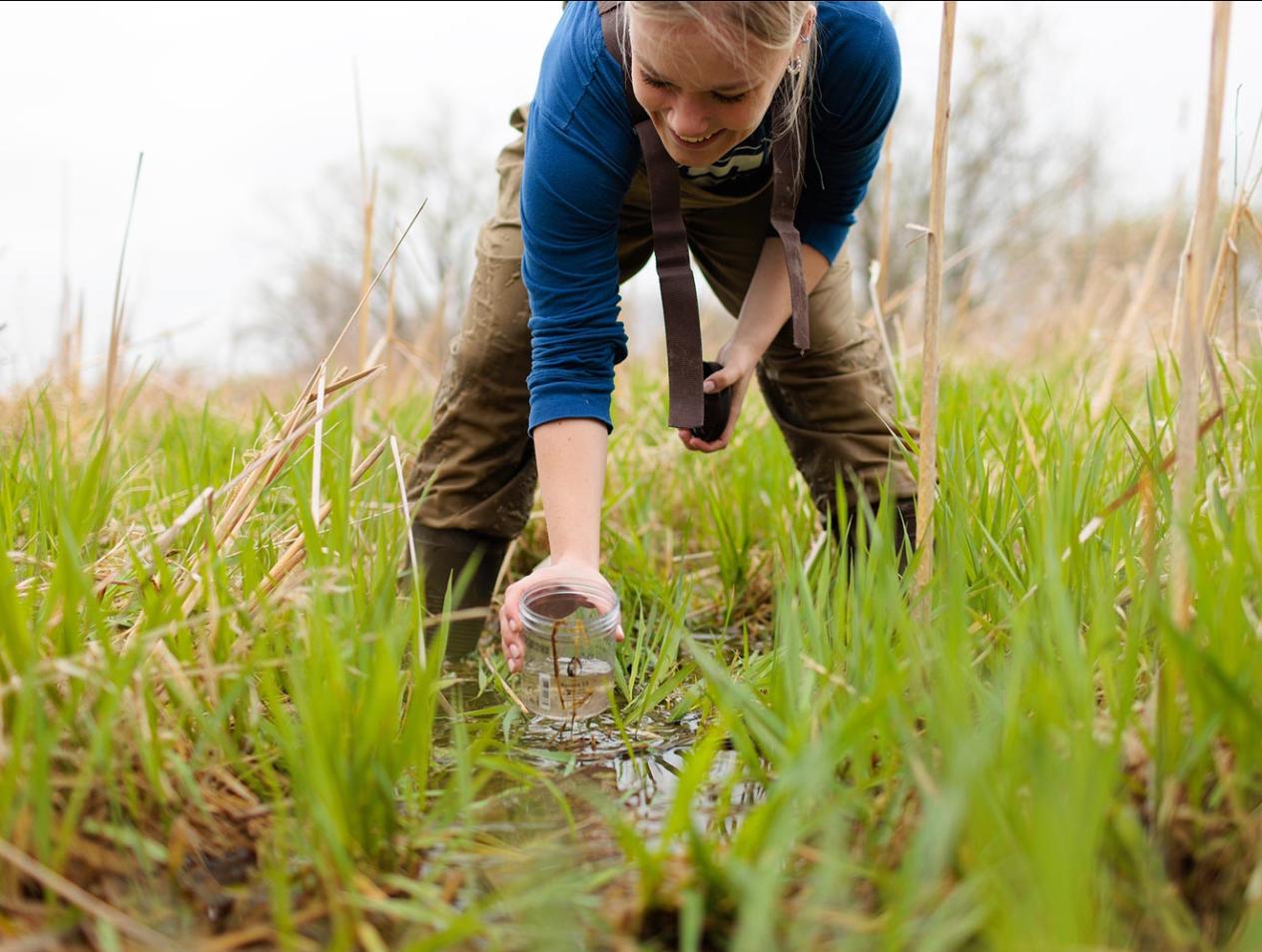Undergrad Research Frequently Asked Questions
Your Research Questions Answered
Current and prospective students interested in undergraduate research at Creighton can learn more here. Below is a list of questions we hear most often.
If your question isn’t answered, please contact us for more information.
Undergraduate research involves delving deep into a discipline to answer a focused question, develop new tools or frameworks for other scholars in the discipline and ultimately create new knowledge.
Research allows students to push their intellectual development beyond the classroom while also gaining skills and specialized knowledge that will prepare them for graduate school, professional school or the job market.
Absolutely not! Creighton encourages interested students to get involved in research at any grade level. At the same time, students may wish to postpone getting involved until they know what interests them most. Some students start doing research their first semester, while many others start later on after discovering a discipline or research question that fascinates them.
Regardless of exactly when you become involved, what’s most important is finding research that you’re passionate about and ready to dedicate significant time and hard work to.
There are multiple ways to get involved in undergraduate research at Creighton. For instance, some students get involved by approaching a professor whose course they really enjoyed. Likewise, professors who are impressed by a student’s work in class might approach the student.
Overall, there is no single formula for getting involved, though students who take the initiative and actively look for research opportunities are likely to find them. The Center for Undergraduate Research and Scholarship (CURAS) staff is happy to counsel students through the process of locating suitable research opportunities on and off campus.
Get advice directly from our CURAS Ambassadors, a team of Creighton undergraduates with a record of accomplishment in research. Submit a CURAS Ask an Ambassador form and CURAS will match you with an Ambassador of like interests.
Course credit is possible and can be arranged with your research advisor. Usually students must commit 3 hours a week to their research for every 1 credit they earn.
No! Undergraduate research is applicable to students in any college and in any discipline. While there might be more visible research opportunities in the sciences, all disciplines, including the humanities, business and nursing, lend themselves to research at the undergraduate level.
Certain majors do require research. Ask your advisor if your major requires this. Otherwise, if you have the necessary skills and passion, thinking outside your major can be a great way to get involved.
While admissions requirements vary, undergraduate research does give students a competitive advantage in their applications. Research also offers excellent preparation for the rigors of graduate and professional school. Checking the websites of programs you’re considering will help you determine the sort of experience that will make you a strong applicant.
Ask around! Talk to professors in your area(s) of interest, consult your RSP/major advisor, check the listing of current opportunities and/or submit an Ask an Ambassador form for guidance from a peer. CURAS also hosts events throughout the year in which students can learn more about the process of getting involved, as well as chat one-on-one with faculty who oversee undergraduate research.
Most importantly, the CURAS Research and Scholarship Fair is hosted yearly early in the spring semester and is an excellent venue to learn more about research opportunities and connect with a potential mentor.
Yes. Check out our Summer Undergraduate Research Fellowships (SURF), the Nebraska NIH INBRE Program, the Nebraska Academy of Sciences, the Council on Undergraduate Research, and scholarships available through Creighton's SOAR office.
Additionally, dozens of other paid opportunities exist through external grants obtained by faculty members across different colleges at Creighton.
It depends. Some research involves one-on-one work with a faculty mentor; this is especially the case when the student develops his or her own project. In other cases, research is carried out by multiple students who can be resources to one another while contributing to a shared project.
The nature of the research itself, as well as common practices within the discipline, will often determine which model is right for you.













